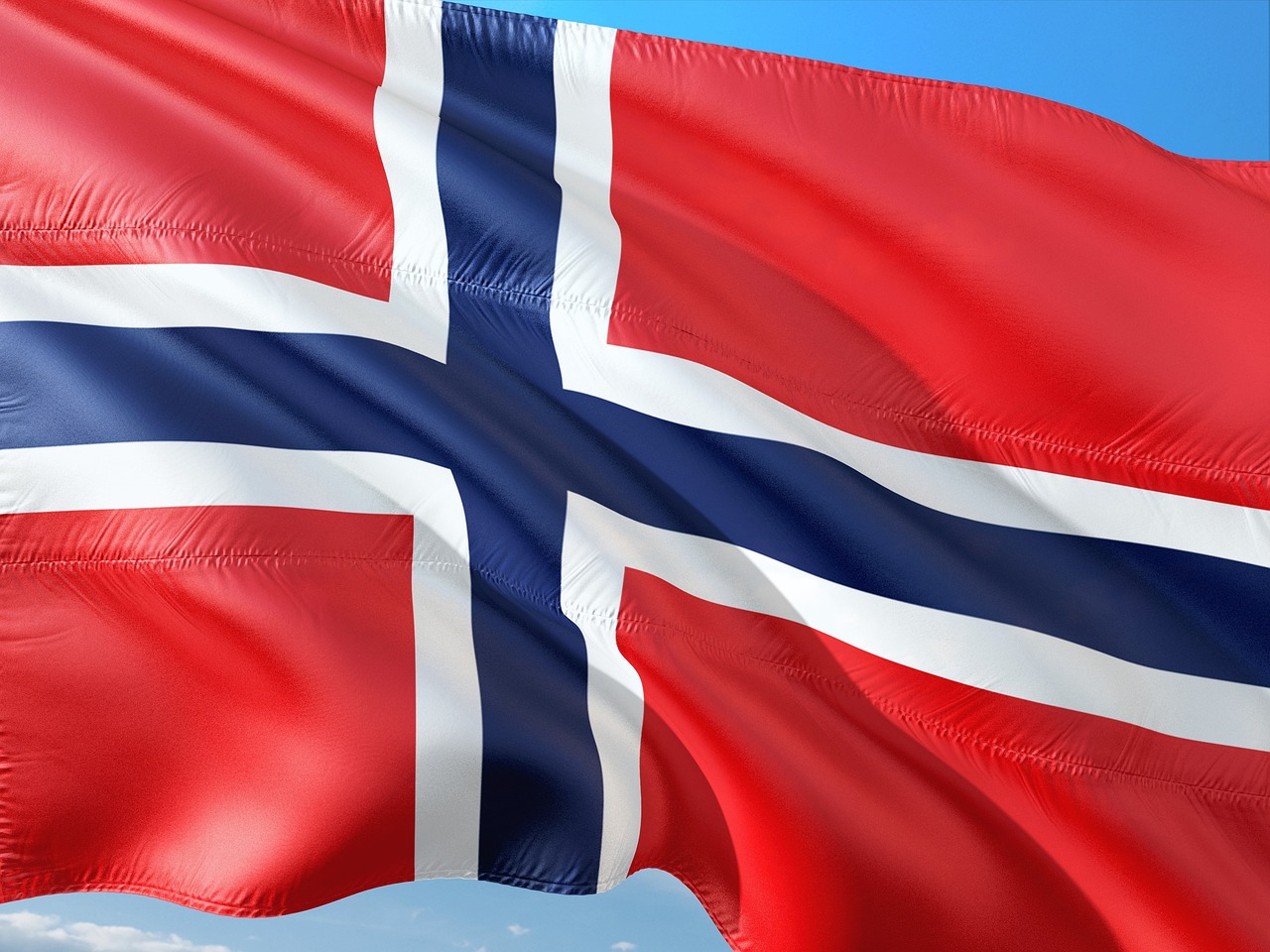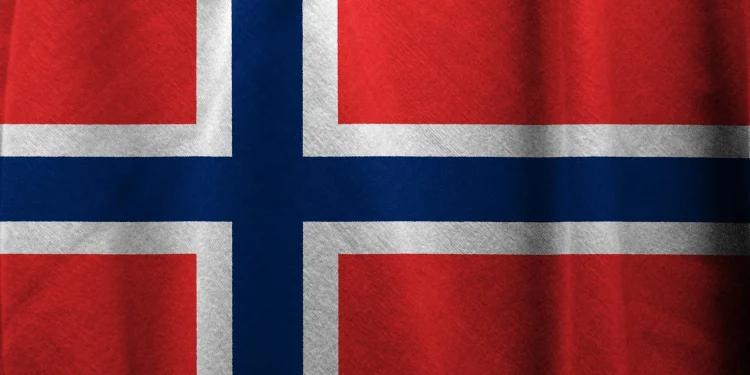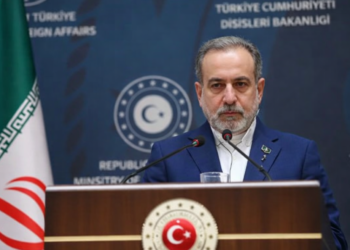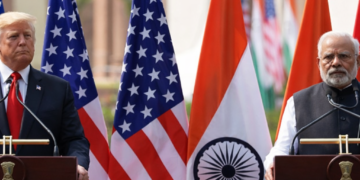Ministers from Norway, Finland, Sweden, Poland, Estonia, Latvia and Lithuania issued a joint declaration in Tallinn on Thursday to bar all Russian citizens who participated in Ukraine aggression from entering the Schengen area.
The coordinated measure targets hundreds of thousands of Russian military personnel and mercenaries, with Estonian Interior Minister Igor Taro stating these individuals represent an “unacceptable security risk” after committing “killings and destruction” in Ukraine. Norwegian Justice Ministry State Secretary Joakim Sevrin Tranvåg joined counterparts in affirming no residence permits or Schengen visas would be granted to veterans of Moscow’s invasion forces.
While aligning with European allies, Norway maintains a unique dilemma—preserving its bilateral visa-free agreement with Russia for border residents despite the conflict. The 2010 Storskog agreement, signed by then-Foreign Minister Jonas Gahr Støre, allows 30-kilometer zone travel but remains inactive since Russia’s Murmansk consulate closure in 2022.

Foreign Ministry State Secretary Eivind Vad Petersson acknowledged the tension between security concerns and leaving “doors open” for future diplomacy, even as the border region hosts Russia’s 200th Motorized Rifle Brigade and 61st Naval Infantry Brigade—both actively deployed in Ukraine with heavy casualties.
The coalition’s statement emphasized that Russian security risks will persist beyond Ukraine hostilities, urging Schengen members to permanently restrict movement for anyone contracted by Russian armed forces or affiliated groups.
This preemptive stance contrasts with Poland’s terminated 2014 Kaliningrad agreement, showing hardened Nordic-Baltic resolve against Moscow’s hybrid warfare tactics. Notably, the ban encompasses not just frontline soldiers but all military-linked individuals who could exploit European mobility to conduct espionage or sabotage.
The Historical Irony: From WWII Liberation to Modern Exclusion
The policy carries historical weight near Norway’s Storskog border, where Russia’s Kirkenes Brigade—named for liberating Norway from Nazis—now sends troops to invade Ukraine. Intelligence reports confirm thousands from these Arctic units have died in combat since 2022, exposing Norway’s delicate balance between honoring Red Army sacrifices and countering contemporary Russian militarism. With no active visa-free crossings since the Murmansk consulate shutdown, the symbolic agreement now faces scrutiny as Nordic nations prioritize Schengen security cohesion over bilateral exceptions.

















